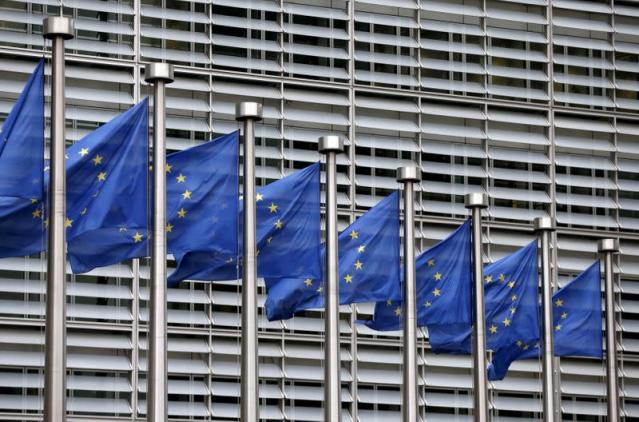EU seeks to block political ads that target people’s ethnicity or religion
2 min read
EU seeks to block political ads that target people's ethnicity or religion
The European Commission, the European Union Executive Branch, has proposed a ban on several types of targeted political advertisements that use sensitive personal data, including ethnic, religious, health status or sexual orientation, unless the user provides explicit approval. If the rules come into effect, advertisers must provide clear details about the criteria they use to target, as well as “amplification tools or methods” they use.
Each ad must also be more transparent in terms of displaying the name of the person or organization that pays for it, and express how much is spent, where the money comes from and the ad connection to the election or referendum.
EC hopes these steps will help protect the integrity of election, mostly by making it more difficult to campaign to target and mislead marginalized groups. It is said that people must be able to easily say when they see paid political advertisements, both online or offline, and participate in political discussions without being influenced by disruption, manipulation or incorrect information.
“Election must not be competition for blurry and non-transparent methods. People must know why they see advertisements, which pays it, how much, micro-targeting criteria are used,” EC president for values and transparency Vera Journá said in a vera statement.
If the bill becomes a law, UE member countries need to determine the fine to violate the rules. The National Data Protection Authority will be assigned to monitor how personal data is used in targeting advertisements and fines that impose if necessary. EC hopes to impose rules, which build general data protection regulations and the planned digital service law, in the spring of 2023, ahead of the election of the European Parliament the following year.
Political advertising has become a hot button problem for online platforms for several years. Facebook and Google both planted it for a while after the poll was closed in the US 2020 presidential election to stem the wrong flow of information. Earlier this month, Meta, Facebook and Instagram parent companies, removed thousands of ad targeting options, including those related to ethnicity, health, religion, sexual orientation and political confidence. Twitter forbade all political advertisements in 2019.
EC proposal rules can also prevent several types of data collection quietly. Back in 2019, PR farming that is connected to the Republican Party using a Google Ad Network to suck a potential voter e-mail address.








